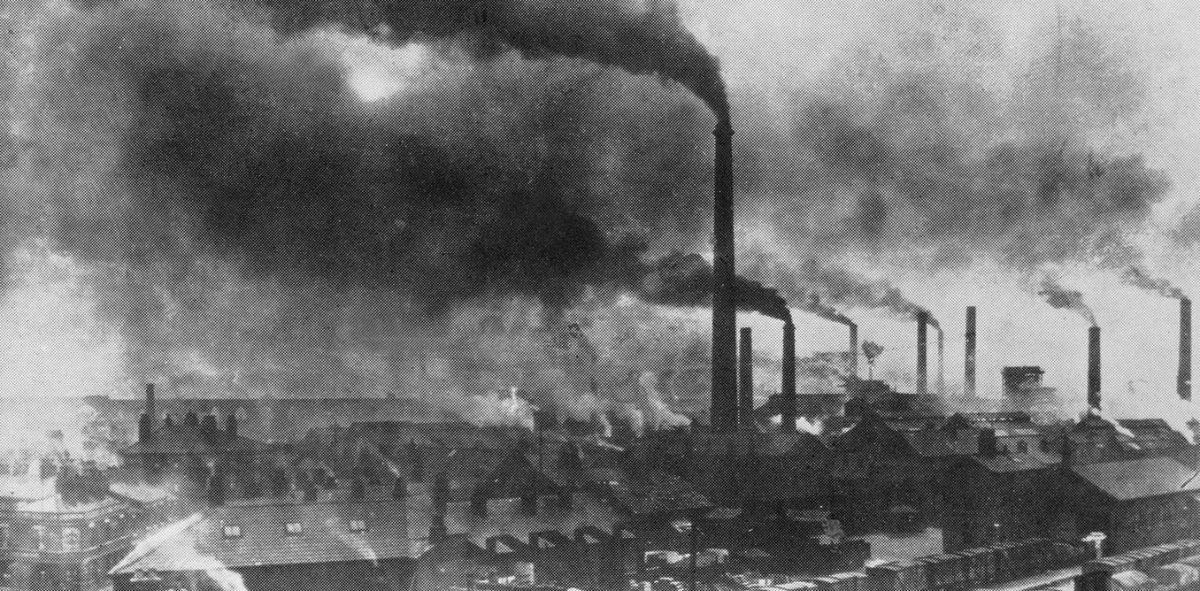POST-INDUSTRIAL: “Relating to or denoting an economy which no longer relies on heavy industry” – Oxford English Dictionary
What’s good for the environment is not necessarily good for language. Take post-industrial. What does it mean? If you ask marketing people, it refers to a class of recycled materials – namely plastics, paper, textiles, wood, or even metals trimmed off during the manufacturing process which are then recycled into post-industrial material.
The first time I saw that term, I did a double take. When I see post-industrial, I think of post-industrial economies or post-industrial societies. The word industrial has always carried an air of global abstraction (industrial strength, industrial nations) rather than referring to specific industry-related things. Because of that, I prefer post-manufacture when writing about cast-offs from the manufacturing process. Pre-consumer is also widely accepted.
Post-industrial waste is a generally accepted term, so I concede it’s a logical hop to post-industrial recycled material. But no standard dictionary I consulted has an entry for it – yet.
– Otto E. Mezzo
References: https://en.wikipedia.org/wiki/Post-industrial_economy
https://en.wikipedia.org/wiki/Post-industrial_society
https://www.buildinggreen.com/primer/defining-recycled-content

